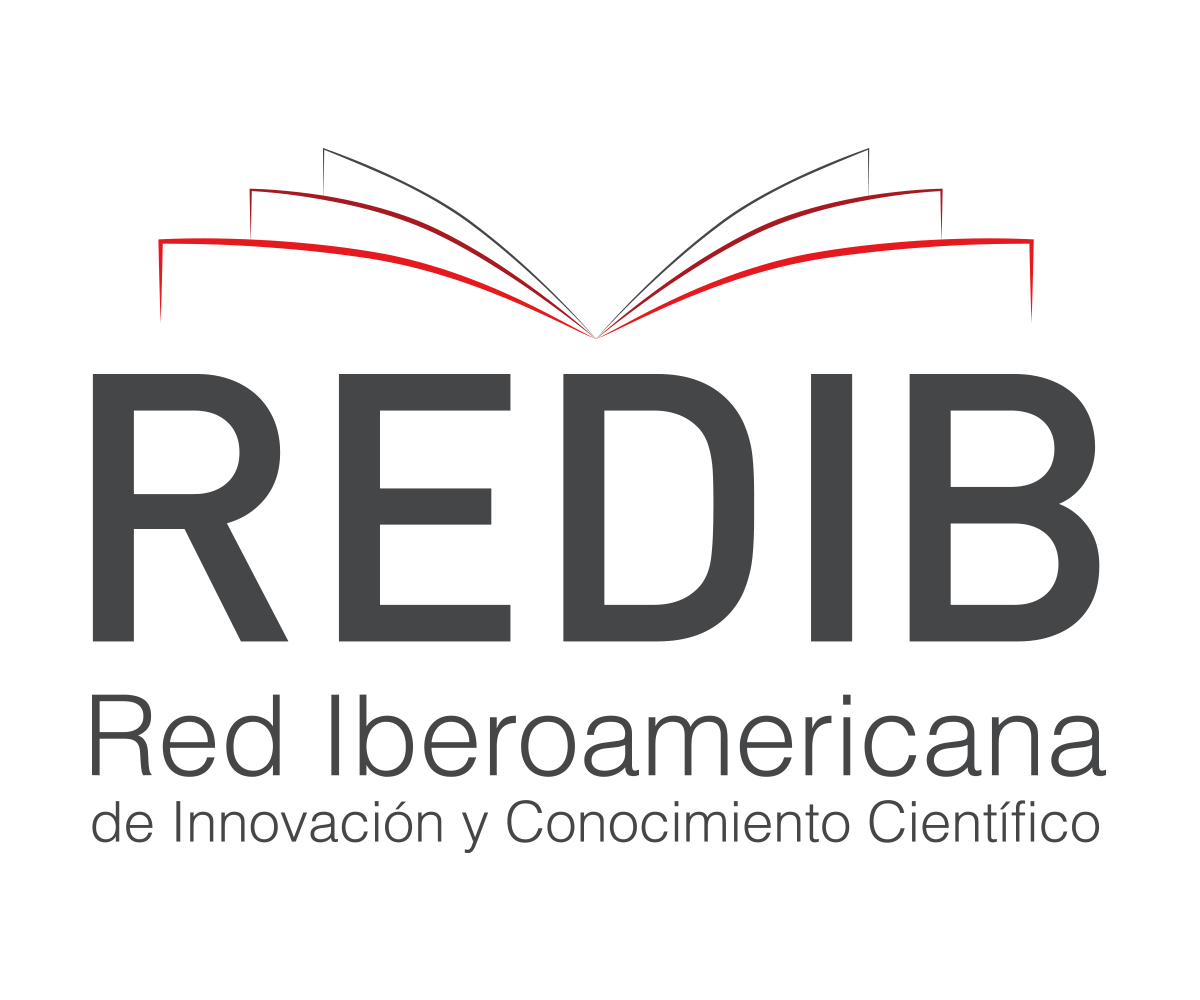ETHICS IN ARTIFICIAL INTELLIGENCE
Responsible development of intelligent systems
DOI:
https://doi.org/10.31510/infa.v21i1.1954Keywords:
Ethics in Artificial Intelligence, Transparency, Responsibility, Algorithmic Bias, PrivacyAbstract
This work addresses the critical importance of ethics in the evolution and implementation of artificial intelligence (AI), highlighting the significant ethical challenges that arise from integration into different aspects of human life. By exploring the ethical foundations necessary for responsible development of intelligent systems, we ensure that AI is guided by fundamental ethical principles such as fairness, transparency and integrity. Through a systematic literature review, case study analysis, and assessment of ethical principles established by leading organizations, this research provides practical guidance for implementing best practices. The results highlight the urgent need for ethical frameworks to guide the development of AI, demonstrating that adopting transparent and fair measures not only minimizes the risk of bias and privacy violations, but also promotes greater trust and social acceptance of AI systems. Finally, it is concluded that integrating ethical considerations from the beginning of the AI development process is essential to building a technological future that is both innovative and consistent with fundamental human values
Downloads
References
ARICLETA, A. B.; et al. Explainable Artificial Intelligence (XAI): Concepts, taxonomies, opportunities and challenges toward responsible AI. Information Fusion, v. 58, p. 82-115, 2020. DOI: https://doi.org/10.1016/j.inffus.2019.12.012
BOSTROM, N.; YUDKOWSKY, E. The Ethics of Artificial Intelligence. In: FRANKISH, Keith; RAMSEY, William M. (Eds.). Cambridge Handbook of Artificial Intelligence. Cambridge: Cambridge University Press, 2014. p. 316-334. DOI: https://doi.org/10.1017/CBO9781139046855.020
COECKELBERGH, M. AI Ethics. Cambridge, MA: The MIT Press, 2020. DOI: https://doi.org/10.7551/mitpress/12549.001.0001
CONITZER, V.; BAUM, S. D. Moral Decision Making Frameworks for Artificial Intelligence. In: AAAI Conference on Artificial Intelligence. 2018. DOI: https://doi.org/10.1609/aaai.v31i1.11140
EUROPEAN COMMISSION'S HIGH-LEVEL EXPERT GROUP ON ARTIFICIAL INTELLIGENCE. Ethics Guidelines for Trustworthy AI. Bruxelas: European Commission, 2019.
FLORIDI, L.; COWLS, J. A Unified Framework of Five Principles for AI in Society. Harvard Data Science Review. 2019. DOI: https://doi.org/10.1162/99608f92.8cd550d1
MITTELSTADT, B. Principles alone cannot guarantee ethical AI. Nature Machine Intelligence, v. 1, n. 11, p. 501-507, 2019. DOI: https://doi.org/10.1038/s42256-019-0114-4
O'NEIL, C. Armas de Destruição Matemática: Como o Big Data Aumenta a Desigualdade e Ameaça a Democracia. Rio de Janeiro: Zahar, 2016.
RAHWAN, I. et al. Machine behaviour. Nature, v. 568, p. 477-486, 2019. DOI: https://doi.org/10.1038/s41586-019-1138-y
RUSSELL, S. J.; NORVIG, P. Inteligência Artificial. 3. ed. Rio de Janeiro: Elsevier, 2013.
VINUESA, R.; et al. The role of artificial intelligence in achieving the Sustainable Development Goals. Nature Communications, v. 11, n. 1, 2020. DOI: https://doi.org/10.1038/s41467-019-14108-y
Downloads
Published
Issue
Section
License
Copyright (c) 2025 Revista Interface Tecnológica

This work is licensed under a Creative Commons Attribution 4.0 International License.
Os direitos autorais dos artigos publicados pertencem à revista Interface Tecnológica e seguem o padrão Creative Commons (CC BY 4.0), que permite o remixe, adaptação e criação de obras derivadas do original, mesmo para fins comerciais. As novas obras devem conter menção ao(s) autor(es) nos créditos.






.jpg)




1.png)
1.png)
